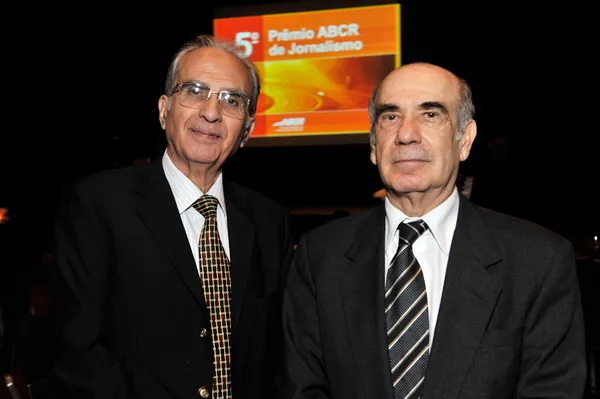Ministers responsible for transport infrastructure from the 54 member countries of the International Transport Forum at the Organisation for Economic Co-operation and Development (OECD) were meeting today in Leipzig, Germany, for a three-day summit to discuss the future of funding transport. According to OECD figures, air passenger travel is projected to double, air transport to triple and container handling in ports to quadruple by 2030. Investment needs for transport infrastructure to 2030 are estimated a
May 22, 2013
Read time: 2 mins
Ministers responsible for transport infrastructure from the 54 member countries of the 1102 International Transport Forum at the 3685 Organisation for Economic Co-operation and Development (OECD) were meeting today in Leipzig, Germany, for a three-day summit to discuss the future of funding transport.
According to OECD figures, air passenger travel is projected to double, air transport to triple and container handling in ports to quadruple by 2030. Investment needs for transport infrastructure to 2030 are estimated at US$11 trillion for ports, airports and key rail lines alone. However, current infrastructure could accommodate only a 50% increase in demand, says the OECD.
With public budgets constrained in view of the financial and economic crisis, funding infrastructure improvements is a major issue facing governments around the world.
Key aspects Ministers will discuss at the Leipzig Funding Summit include Investing for Growth?; Taking stock of Public-Private Partnerships; Aviation’s quest for financial sustainability; Attracting private finance and ensuring predictable funding; and Defining spending priorities: What’s first?
Nobel laureate Amartya Sen and John Micklethwait, editor-in-chief of The Economist newspaper; Temel Kotil, CEO of Turkish Airlines; Jichang Zhou, chairman of2661 China Communications Construction Company (CCCC); and David Fass, CEO (EMEA) of 2378 Macquarie Group are among the invited guest speakers.
According to OECD figures, air passenger travel is projected to double, air transport to triple and container handling in ports to quadruple by 2030. Investment needs for transport infrastructure to 2030 are estimated at US$11 trillion for ports, airports and key rail lines alone. However, current infrastructure could accommodate only a 50% increase in demand, says the OECD.
With public budgets constrained in view of the financial and economic crisis, funding infrastructure improvements is a major issue facing governments around the world.
Key aspects Ministers will discuss at the Leipzig Funding Summit include Investing for Growth?; Taking stock of Public-Private Partnerships; Aviation’s quest for financial sustainability; Attracting private finance and ensuring predictable funding; and Defining spending priorities: What’s first?
Nobel laureate Amartya Sen and John Micklethwait, editor-in-chief of The Economist newspaper; Temel Kotil, CEO of Turkish Airlines; Jichang Zhou, chairman of







